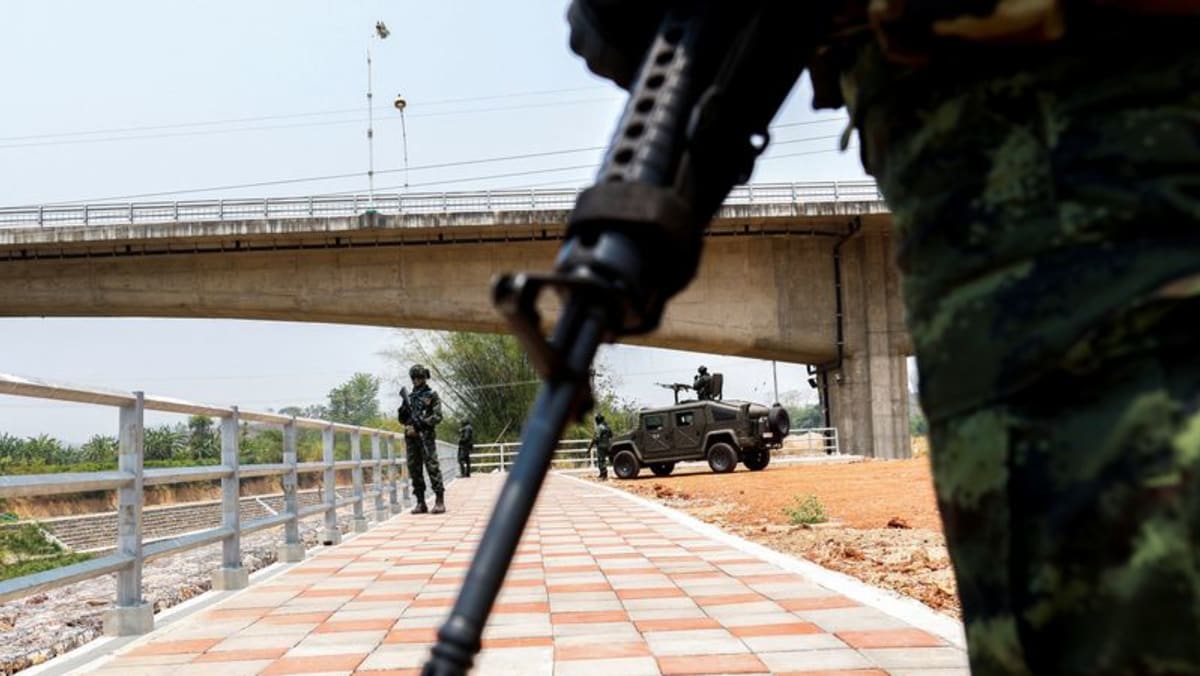One of Myanmar’s strongest allies, Beijing has connections with the key players in the conflict, including the junta, ethnic armies, the civilian National Unity Government, and Aung San Suu Kyi’s National League for Democracy party. It is also close to Laos, the current ASEAN chair.
This puts Beijing in a prime position for peace efforts, said observers.
“China is not just playing a facilitating role, but a mediating role. China has more influence than any other stakeholders, and has leverage on all the stakeholders,” said Mr Amara Thiha, a researcher from the Peace Research Institute Oslo.
He added China needs a stabilised Myanmar to protect its interests and investments in the country.
“China’s mediation in Myanmar is not just about protecting its economic interests, it’s of strategic interest in the longer term… (to prevent) a power vacuum where external actors, Western actors could come in,” he said.
Dr Digby James Wren, senior advisor at the Royal Academy of Cambodia’s International Relations Institute, said Beijing has sought to avoid taking explicit sides in the conflict, choosing instead to mediate with all parties.
“China is looking for the least friction possible. It wants (the situation) to be as stable as possible. I don’t think that the Chinese government is actively supporting any activities against the Myanmar government, but I don’t think that they’re giving as much support as they might have given before,” he said.







